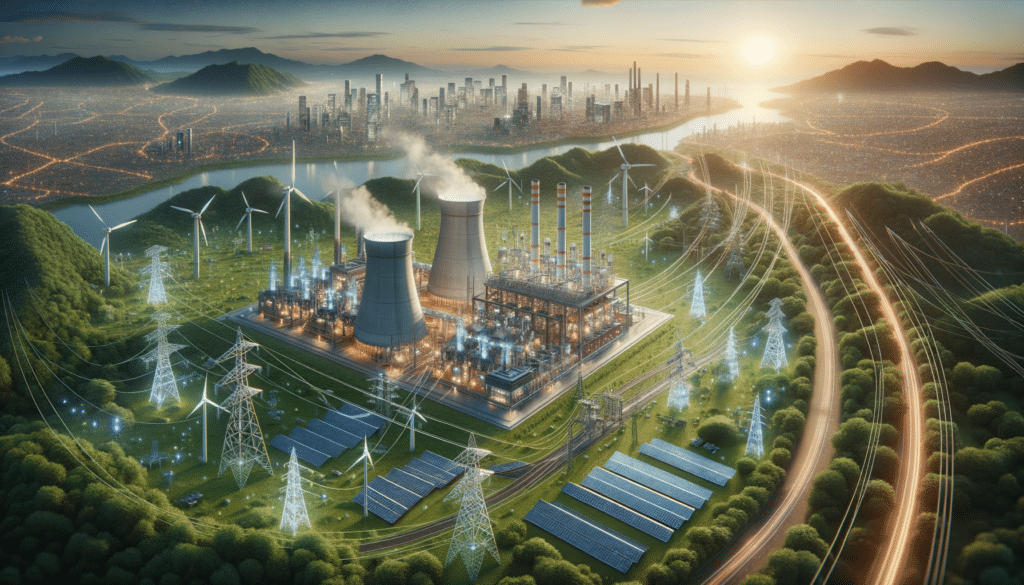Introduction to Electricity Suppliers
Electricity suppliers are pivotal in the energy market, serving as the bridge between power generation companies and consumers. They purchase electricity from generators and sell it to homes and businesses, ensuring a steady supply of energy to meet our daily needs. The role of electricity suppliers has evolved with technological advancements, regulatory changes, and the increasing demand for sustainable energy solutions. Understanding the dynamics of electricity suppliers can help consumers make informed choices about their energy consumption and its impact on the environment.
The Role of Electricity Suppliers in the Energy Market
Electricity suppliers are fundamental to the functioning of the energy market. They are responsible for procuring electricity from various sources, including traditional power plants and renewable energy facilities. By doing so, they ensure that there is a consistent and reliable supply of electricity available to meet consumer demand. Suppliers must navigate complex regulatory environments and market dynamics to provide competitive pricing and innovative energy solutions. Their role extends beyond mere distribution, as they often engage in energy trading, risk management, and customer service to enhance their offerings.
Choosing the Right Electricity Supplier
Selecting an electricity supplier can significantly influence both cost and environmental impact. Consumers have the opportunity to choose from a variety of suppliers, each offering different rates, terms, and energy sources. When evaluating suppliers, it’s important to consider factors such as pricing structures, renewable energy options, and customer service quality. Many suppliers now offer green energy plans that allow consumers to support renewable energy initiatives, contributing to a more sustainable future. Making an informed choice requires careful consideration of these aspects to align with personal values and financial goals.
The Impact of Renewable Energy on Electricity Suppliers
The shift towards renewable energy has transformed the landscape for electricity suppliers. As consumers become more environmentally conscious, there is a growing demand for clean energy sources such as wind, solar, and hydroelectric power. Electricity suppliers are increasingly incorporating these sources into their portfolios to meet consumer expectations and regulatory requirements. The integration of renewable energy presents challenges, such as managing supply variability, but also offers opportunities for innovation and growth in the energy sector. Suppliers that successfully adapt to these changes can position themselves as leaders in the transition to a sustainable energy future.
Future Trends in the Electricity Supply Industry
The electricity supply industry is poised for significant changes driven by technological advancements and evolving consumer preferences. Smart grid technology, energy storage solutions, and digital platforms are reshaping how electricity is distributed and consumed. These innovations enable greater efficiency, reliability, and customer engagement. Additionally, the rise of decentralized energy systems, such as rooftop solar panels and community energy projects, is challenging traditional supply models. Electricity suppliers must adapt to these trends by embracing flexibility, investing in technology, and prioritizing sustainability to remain competitive in a rapidly changing market.





